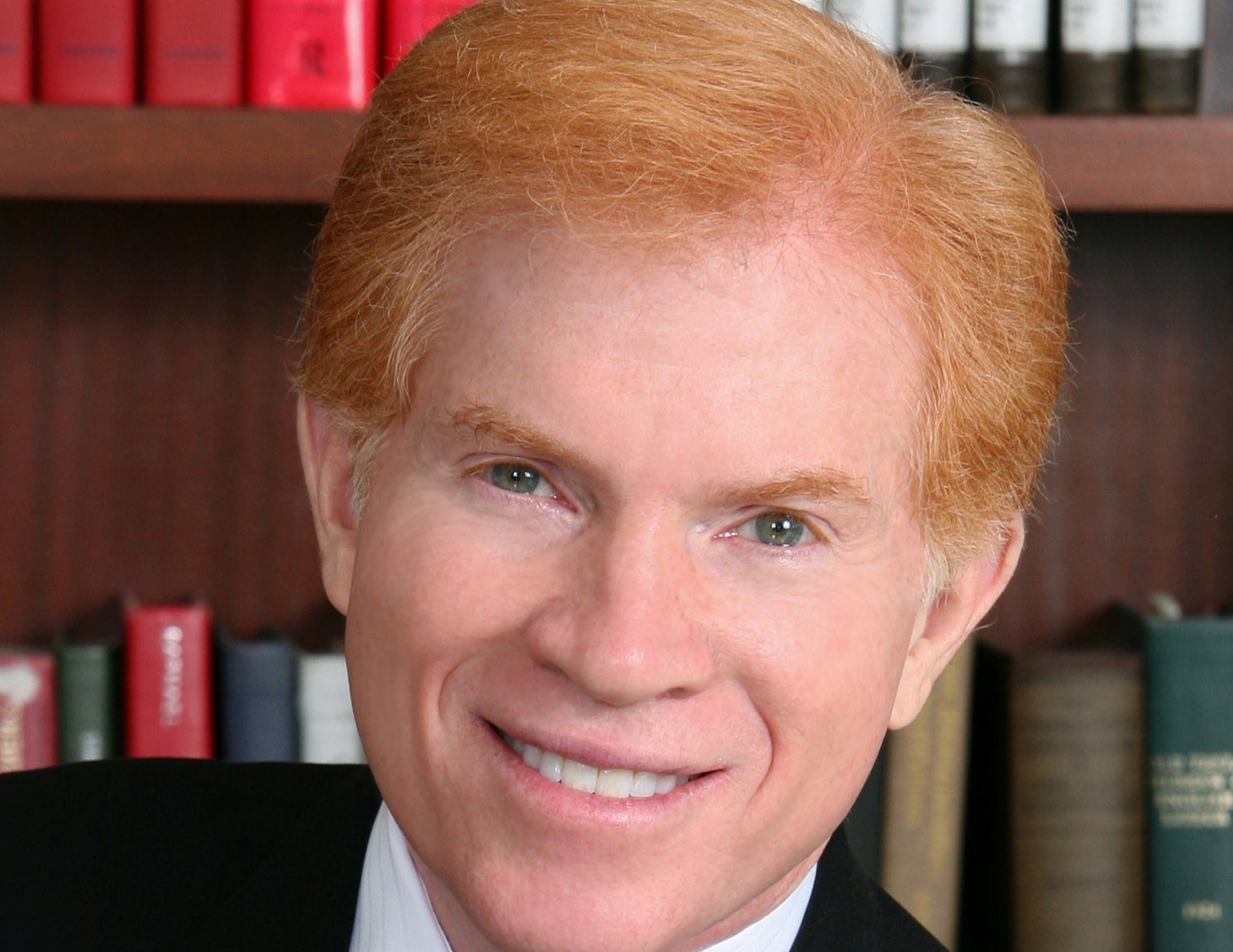Most professors have had the experience of lecturing to students whose minds seemed to be somewhere else.
But in Gary Zola’s case, some of his students really are somewhere else.
Zola is the College of Charleston’s Norman and Gerry Sue Arnold Distinguished Visiting Chair in Jewish Studies for spring 2014. His course on Southern Jewish History is being shared via video link with his home institution of Hebrew Union College-Jewish Institute of Religion (HUC), the oldest institution of higher Jewish learning in North America. HUC has campuses in Cincinnati, New York City, Los Angeles, and Jerusalem.
Twice per week, Zola teaches in the College of Charleston’s Sylvia Vlosky Yaschik Jewish Studies Center. About a dozen students participate in Charleston, including several adult learners who are auditing the class. HUC students in Cincinnati and Los Angeles join the lecture in real-time over the video link.

Gary Zola, the College of Charleston’s Norman and Gerry Sue Arnold Distinguished Visiting Chair in Jewish Studies, lectures on Southern Jewish history. At right, student Holden Green looks on.
On account of its four campuses, Hebrew Union College has long found it necessary to institute distance-learning courses among its campuses using eLearning technology, Zola said. When he accepted the offer in Charleston, Zola asked that he be allowed to continue teaching his students at HUC. It’s the first time Hebrew Union College has participated in such an arrangement with an outside institution.
Martin Perlmutter, director of the Yaschik/Arnold Jewish Studies Program, said the course is a first at the College of Charleston and “an omen for the future of higher education.”
The interactive video technology works so seamlessly that it can be easy to forget that the class is being conducted in two different time zones. Video cameras and microphones setup in each classroom stream live video and audio to the other classrooms. All three video feeds are displayed on projection screens in each classroom. Voices are clear and audible, and movements on the screen are fluid.
A separate software application enables Zola to display documents and photos from his laptop on the laptops and iPads of students in each of the three classrooms.
But no amount of technology can replace the value of human interaction. Zola believes it’s important for students in his video courses to get together in person at least once during the semester. Earlier this year, he arranged for the graduate students in Cincinnati and Los Angeles to attend an academic seminar in Charleston, where they had the opportunity to meet their classmates at the College.
“They met, and there is a friendship,” Zola said. “It changes the atmosphere.”

Gary Zola, the Norman and Gerry Sue Arnold Distinguished Visiting Chair in Jewish Studies, arranged for his students from Charleston, Cincinnati and Los Angeles to meet at an academic seminar in Charleston.
Zola is no stranger to Charleston. In the early 1990s, he conducted the research for his doctoral dissertation in the Holy City. “I feel a personal and professional connection to Charleston,” he said. “I love this city.”
Perlmutter said Zola’s appointment at the College is timely given the recent establishment of The Pearlstine/Lipov Center for Southern Jewish Culture. Established with a $1.5 million gift from the Pearlstine and Lipov families, the center will promote through teaching, research, and outreach the extensive history of Jewish settlement and culture in Charleston.
[Related: Read about the The Pearlstine/Lipov Center for Southern Jewish Culture.]
The program and infrastructure that the College of Charleston is building around the study of Southern Jewish history is nationally significant, Zola said.
“Most Judaic Studies programs at schools like the College of Charleston are cobbled together with professors from other disciplines. The fact that there are tenured lines for scholars with published research in Judaic Studies is a remarkable achievement, which distinguishes the College of Charleston from many of its peers. With all of the faculty and resources you have available, this school could become a national center for the study of Southern Jewish history.”
Gary P. Zola, Ph.D., is Executive Director of The Jacob Rader Marcus Center of the American Jewish Archives (www.AmericanJewishArchives.org) and Professor of the American Jewish Experience at Hebrew Union College-Jewish Institute of Religion in Cincinnati, Ohio (www.huc.edu). He can be reached at [email protected].




